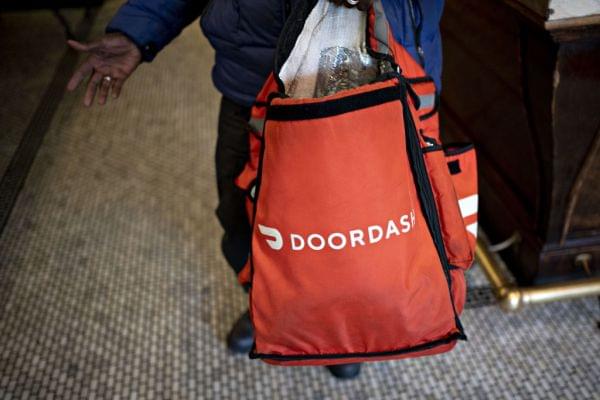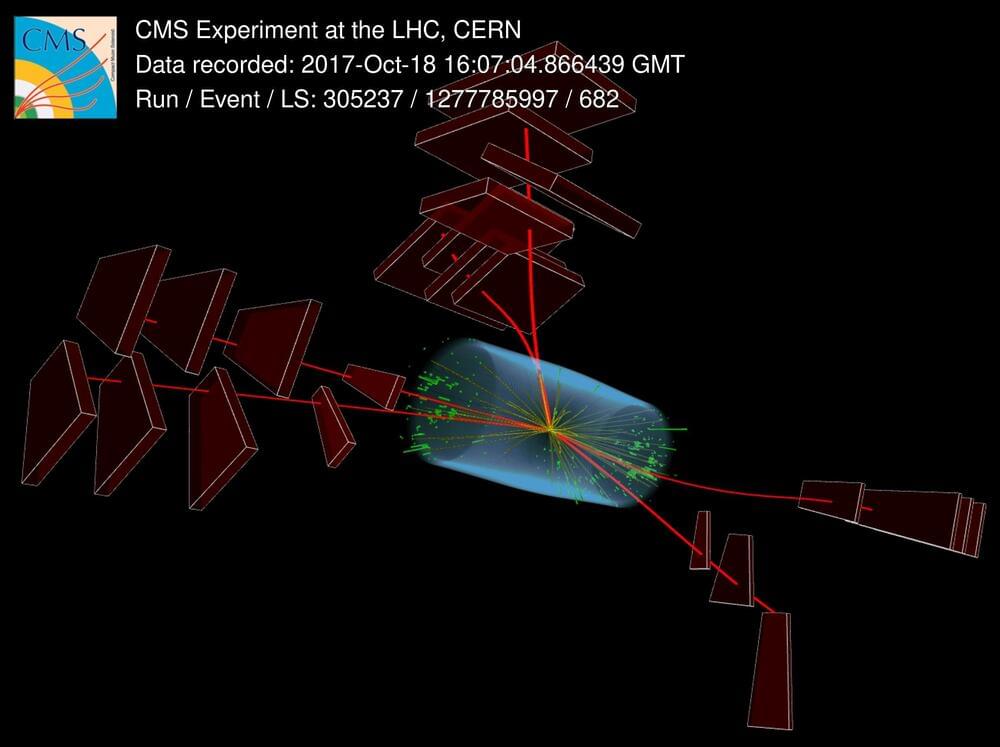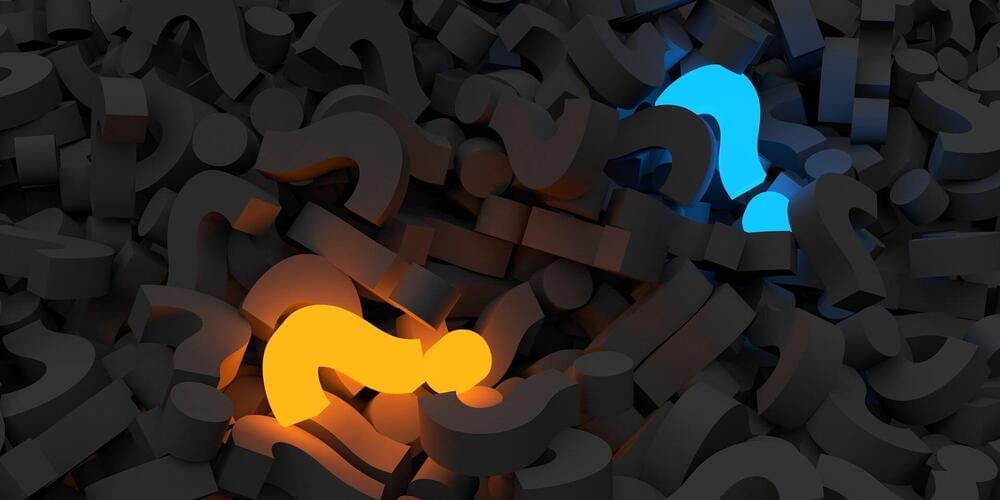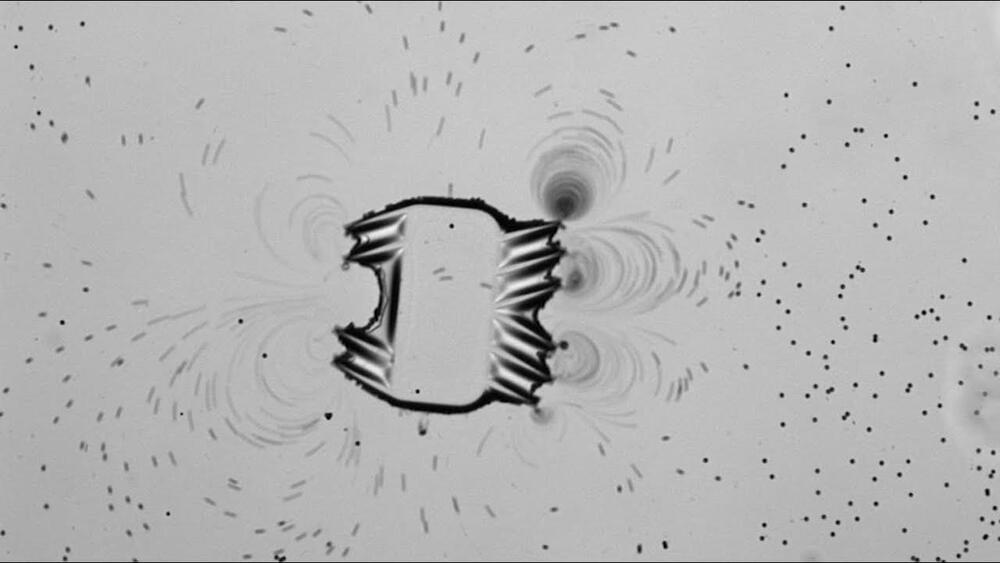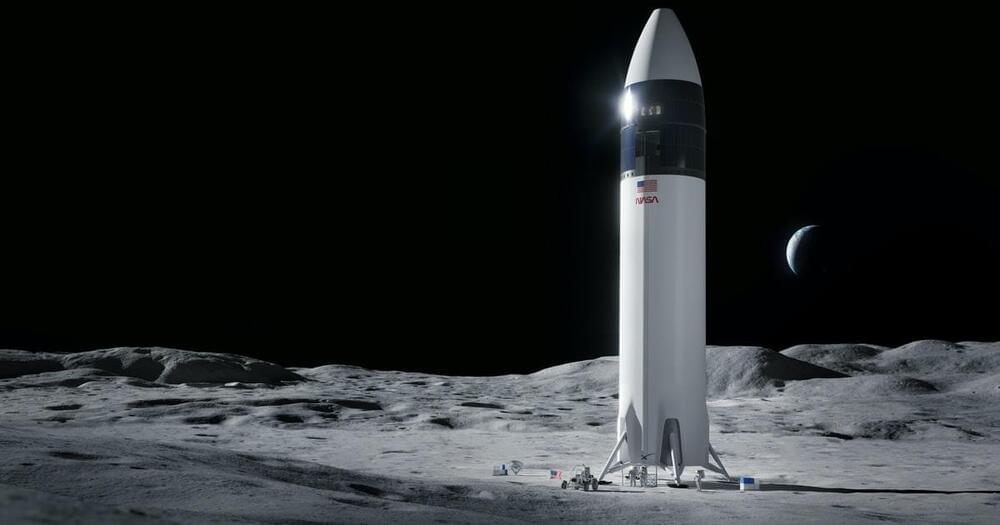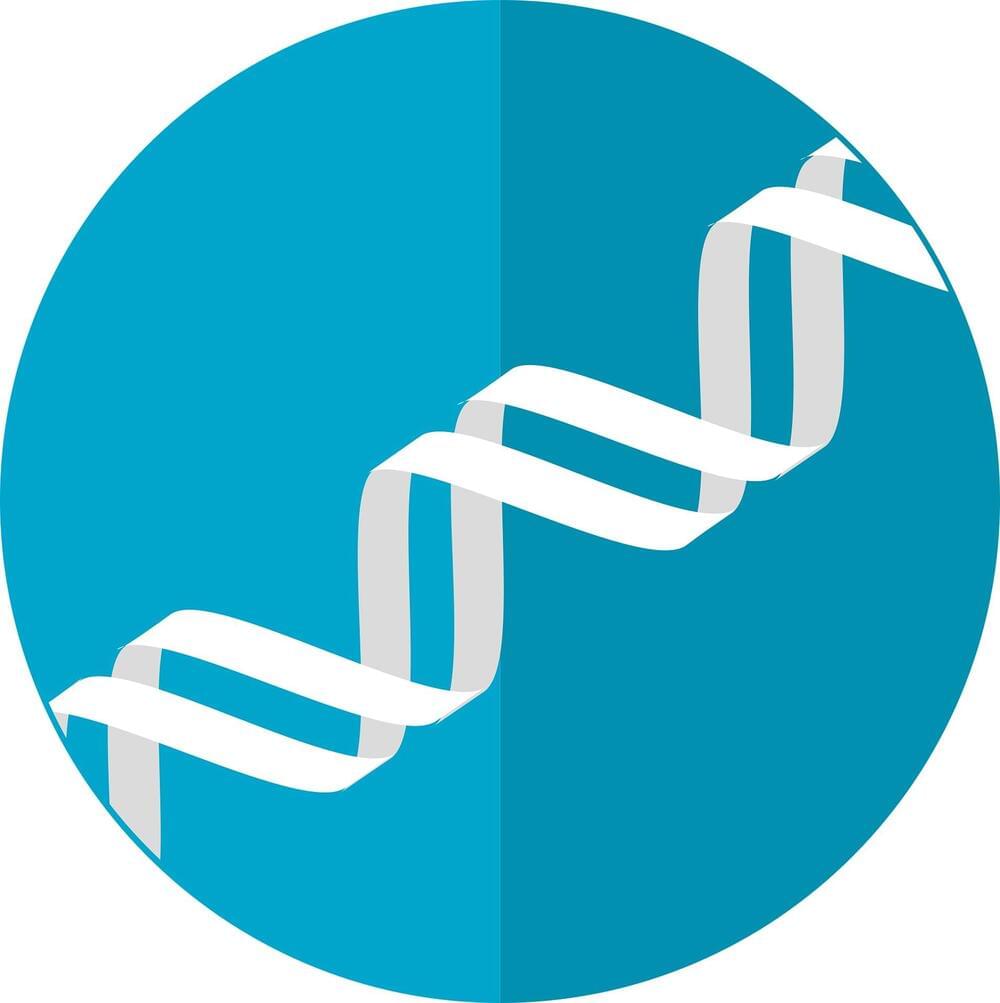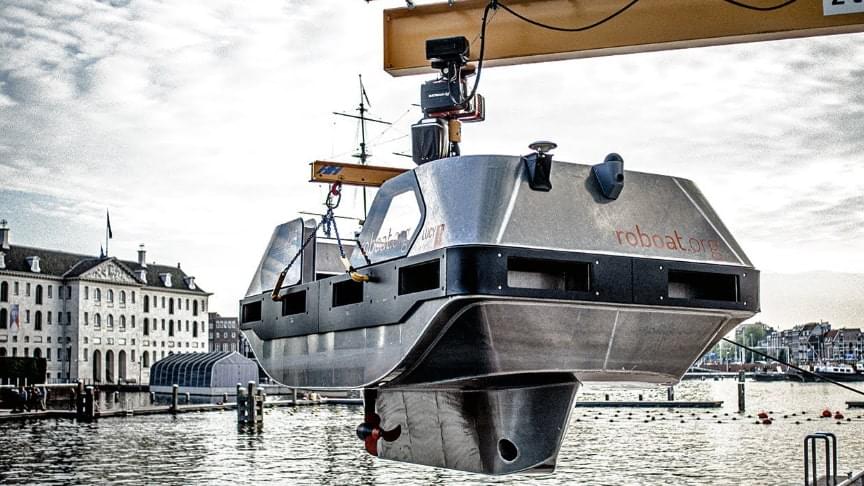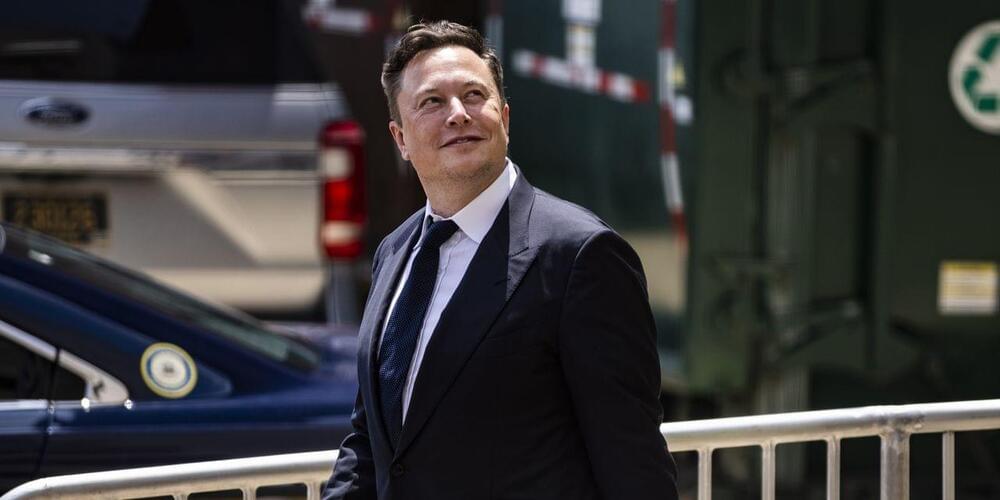Nov 10, 2021
DoorDash to acquire food delivery company Wolt
Posted by Genevieve Klien in category: food
Finland-based Wolt was founded in 2014 by Miki Kuusi, who, upon the deal closing, will run DoorDash International and report to Xu. The company has over 4,000 employees across 23 countries and its technology enables users to easily discover and receive food via its platform by selecting a restaurant, placing the order and hitting send.
Wolt has raised over $850 million to date, according to its Crunchbase profile. Its most recent funding round was $530 million in January, led by Iconiq Growth, with participation from Tiger Global, DST, KKR, Prosus, EQT Growth, EQT Ventures and Coatue.
Wolt represents DoorDash’s sixth acquisition according to Crunchbase data and its second in 2,021 which includes an acquisition of Chowbotics earlier this year. The latest transaction is expected to close in the first half of 2022.
